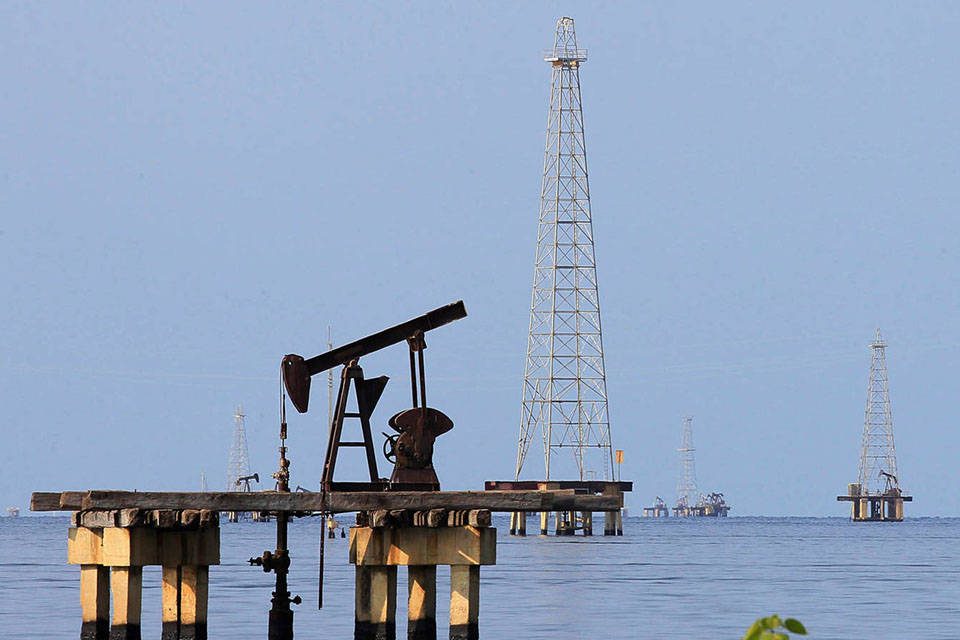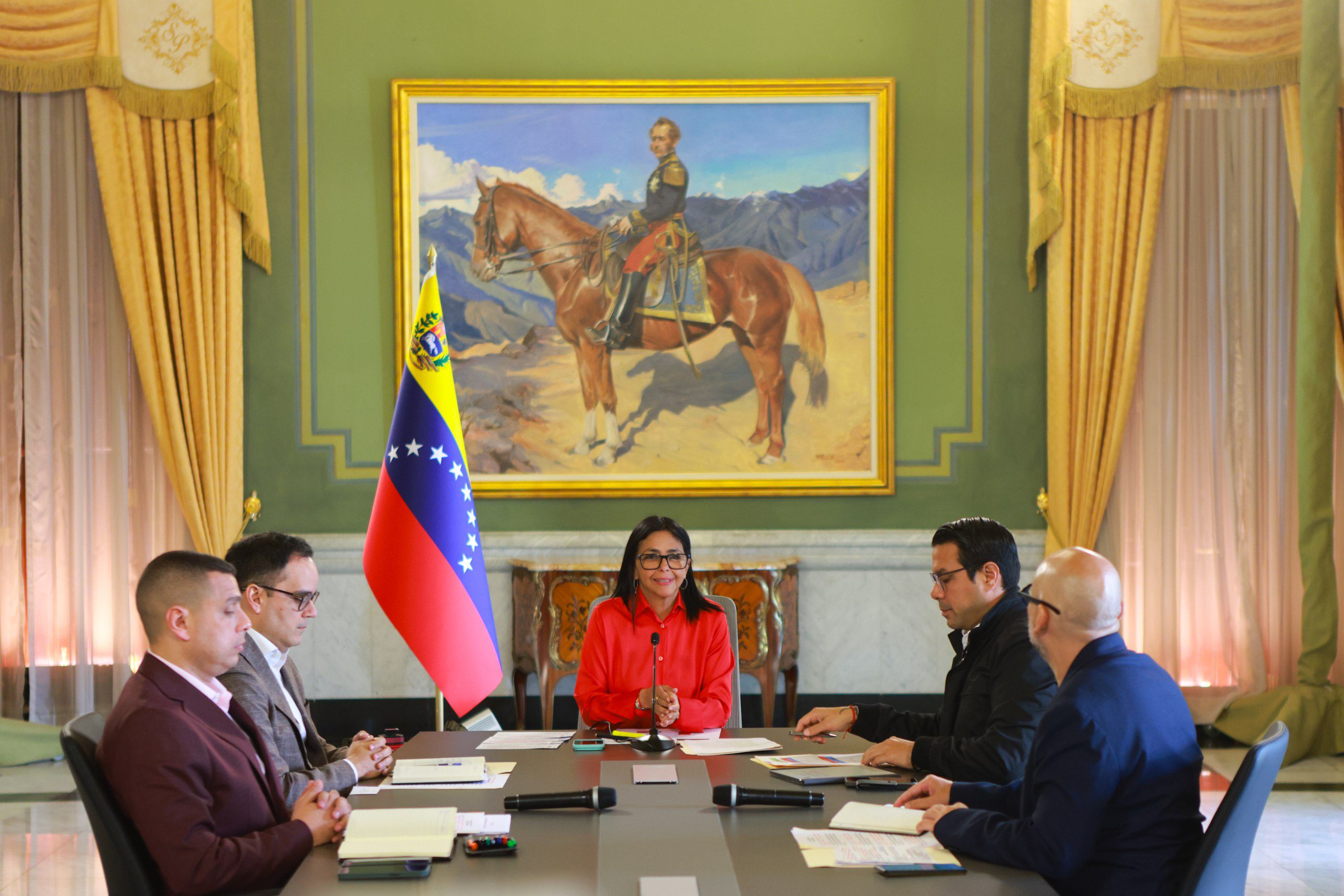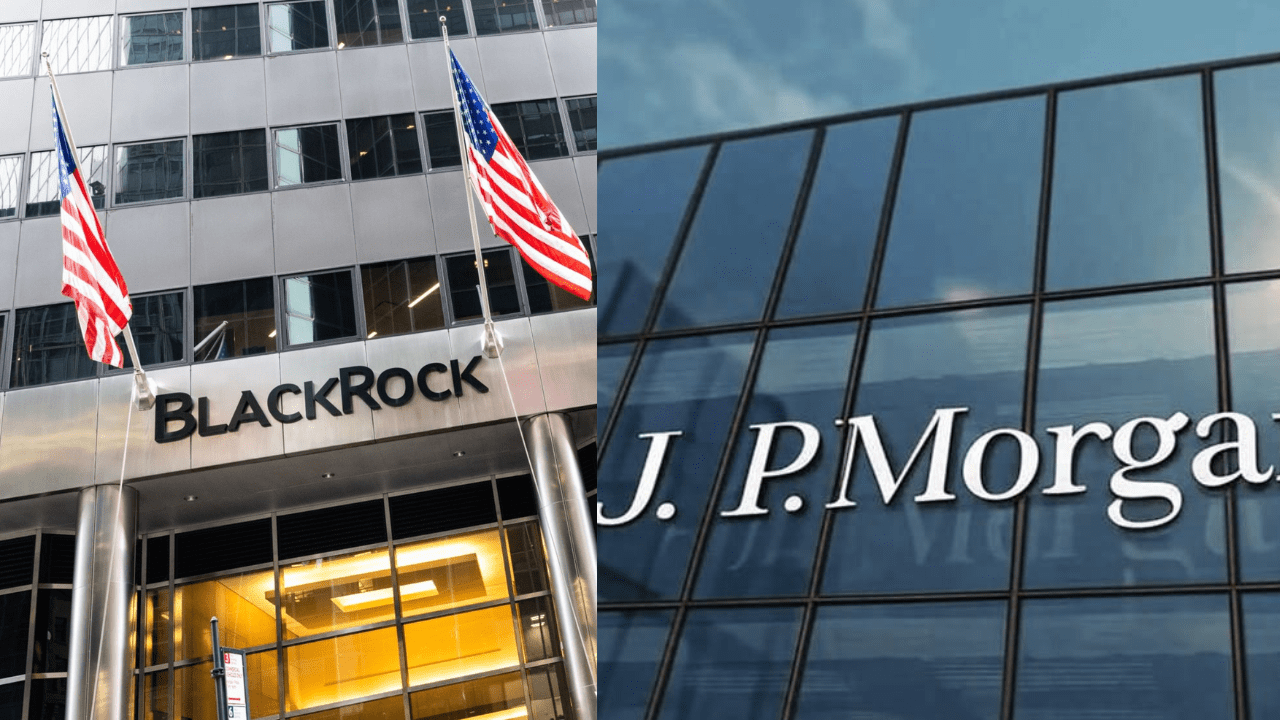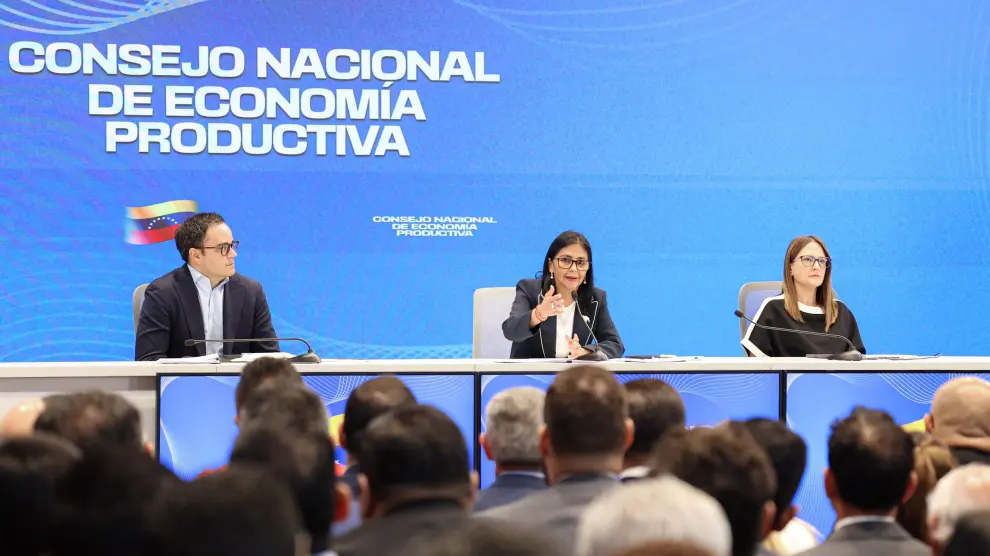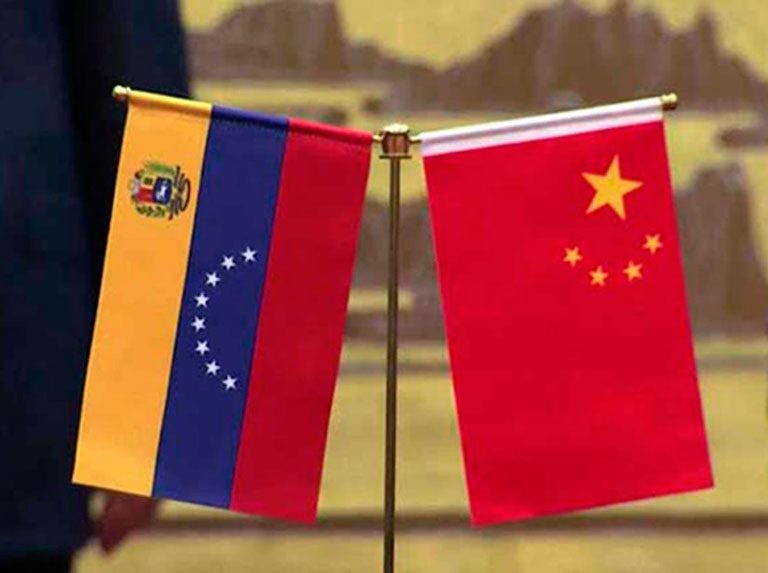Chevron has four joint ventures with Petróleos de Venezuela, SA (PDVSA) but requires licenses from the U.S. Treasury Department to operate in the South American country. Photo: Chevron.
Guacamaya, July 24, 2025. The administration of President Donald Trump has issued a license allowing Chevron to produce oil in Venezuela despite existing sanctions, according to sources consulted by The Wall Street Journal.
The authorization comes less than a week after Washington and Caracas agreed to a prisoner exchange involving the 252 migrants detained in El Salvador, 10 jailed U.S. citizens and residents in Venezuela, and dozens of political prisoners.
As this is a private license, the exact details remain unknown. According to U.S. government officials, the authorization does not permit royalty or tax payments to the Venezuelan state. Thus, it is unclear how Chevron would compensate Venezuela’s treasury or PDVSA.
However, a similar situation already existed under the general licenses granted by the Joe Biden administration, which could repeat itself. While General License 41 did “not authorize” tax and royalty payments, it also did not prohibit them; it was General License 35, in effect simultaneously, that permitted such payments.
In a press statement, Chevron spokesperson Bill Tuenne said the corporation “conducts its global business in compliance with the laws and regulations applicable to its operations, as well as the sanctions framework provided by the U.S. government, including for Venezuela.”
It remains unknown whether other Western oil companies in Venezuela will receive similar authorizations, as was the case in 2024. These include Repsol, Maurel et Prom, and others, as well as trading firms like Global Oil and Vitol.
In March, the Trump administration announced it was terminating GL 41, which had allowed Chevron to produce and sell Venezuelan oil. This was framed as part of a campaign to pressure Nicolás Maduro’s government. Later, it was extended for two more months until the end of May.
The Presidential Envoy for Special Missions, including Venezuela, Richard Grenell, had previously attempted on two occasions to broker an agreement between Washington and Caracas to free U.S. prisoners in Venezuela and expand the oil licensing scheme. Although he secured the release of seven compatriots, Secretary of State Marco Rubio succeeded in imposing his “maximum pressure” approach.


